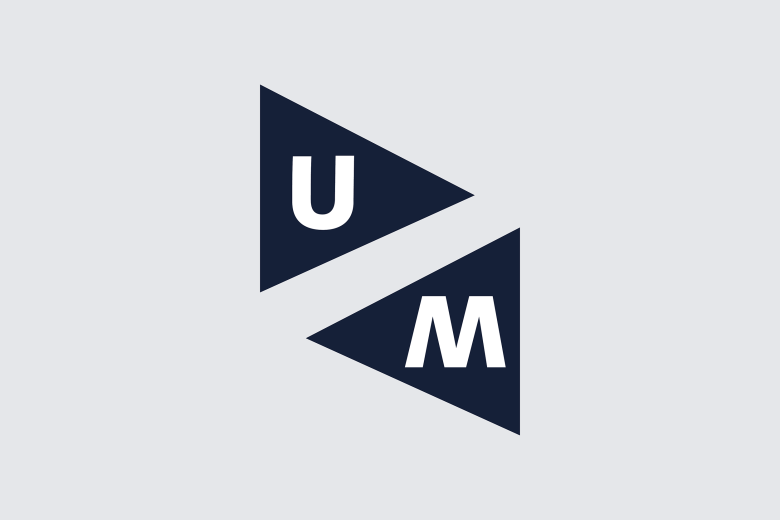Carbon Banking to Tackle the Climate Crisis
At the beginning of 2021, Rabobank officially announced its online marketplace for carbon trading: the Rabo Carbon Bank ("RCB"). Using remote sensing, artificial intelligence, and machine learning, RCB aims to create a globally scalable and transparent solution for climate change while empowering local smallholder farmers, thus building on Rabobank's origins as a farmers' bank (Hoff, 2021).
RCB's key proposition "Acorn" explicitly focuses on helping smallholders in developing countries in the global south. Using the knowledge of business partners and interviewing experts and around 50 smallholders, Acorn learned that many problems of smallholders relate to land degradation and deforestation (Hoekstra, 2021).
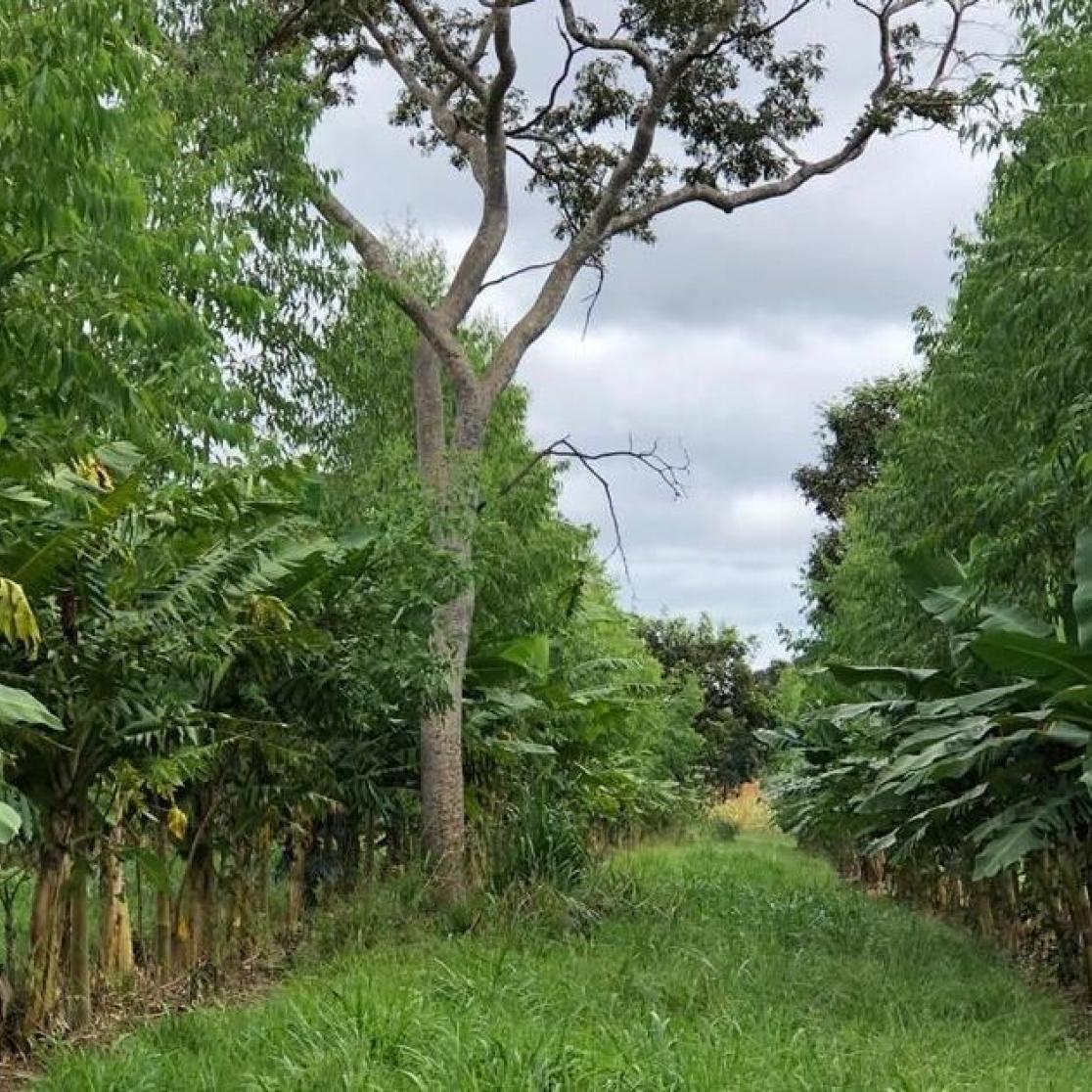
According to RCB, regenerative farming – particularly agroforestry in the case of smallholders – is crucial in tackling degraded soil issues and low rainfall rates. Acorn's landscape approach to agroforestry plots can strengthen healthy microclimates, as trees and cover crops protect the soil from degradation and increase regional rainfall rates. The carbon sequestrated through these trees and cover crops can be traded as carbon credits. Microsoft was the first to buy Acorn's high-quality carbon credits (Hoekstra, 2021).
Acorn was created with the aim of "giving small farmers access to the carbon credit market", said Strategy Lead Emma van de Ven. In an interview, Ms Van de Ven stressed that "small farmers are the most affected by climate change. However, the money from the carbon credit market usually goes to big project developers because they can be certified and be able to quantify, for example, how much carbon dioxide can be stored" (Hoekstra, 2021).
Acorn will bring together the demand of international corporates who want to offset their residual carbon emissions and the supply of smallholders who have captured atmospheric CO₂ through their agroforestry plots and converted it into carbon credits. Acorn's objective is to offset 0.5 per cent of global CO₂ emissions released annually by 2025, which would require approximately 15 million smallholders worldwide to plant about four billion trees (Smal, 2021).
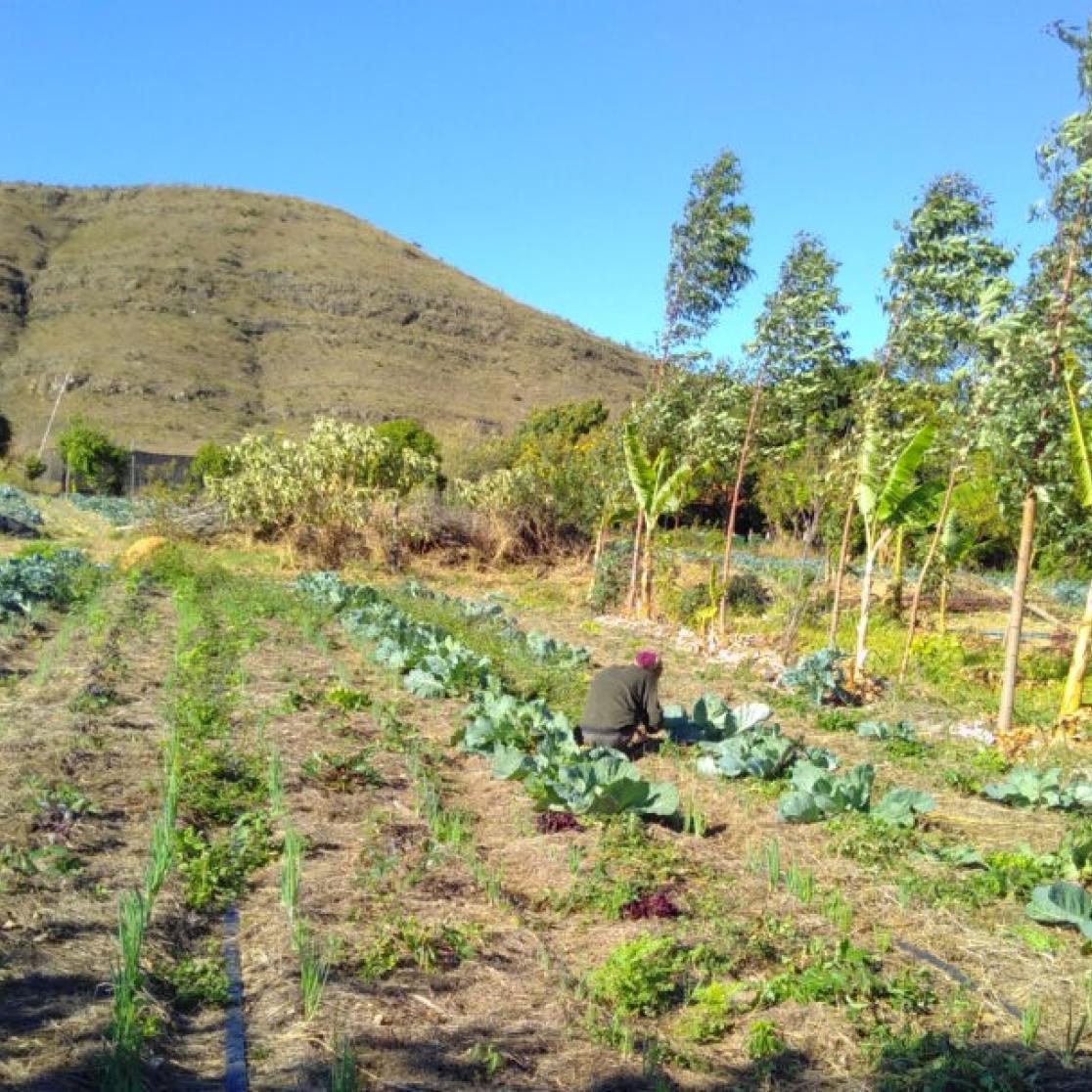
Acorn's ability to scale up its operations depends on finding a fair business deal with farmers. It is also contingent on the degree of innovation required for reliable and cost-effective monitoring. Understanding whether the smallholder is genuinely interested in such a revised income model has been proved to be a critical step for potential scale-up.
To define the project requirements, the farmers' needs, and a valuable collaboration offer for farmers, Acorn has been running ten pilot projects worldwide. Acorn proved its ability to remotely sense, clarify, and sell carbon credits through these projects. It also found high interest in smallholders who want to participate and multinationals who want to invest in the project (Hoekstra, 2021).
|
This article originally appeared on the Sustainability Lifestyle Platform GreenMarked, as For questions, please reach out to e.hoekstra@maastrichtuniversity.nl. |
Bibliography
Hoff, J. (2021, 29 January). Rabobank initiative tackles global carbon challenge and improves position of farmers in developing countries. [Translated by Author] Retrieved 9 March 2021, from https://www.rabobank.com/en/press/search/2021/20210129-rabobank-to-announce-initiative-to-tackle-global-co2-challenge-while-enhancing-farmers-businesses.html
Hoekstra, E. (2021). A Case Study on the Rabo Carbon Bank using the 'Quintuple Helix' innovation model. Master thesis Sustainability Science, Policy and Society, Maastricht University. Downloaded from https://www.maastrichtuniversity.nl/sites/default/files/downloadables/master_thesis_etienne_hoekstra_2021.pdf
Smal, E. (2021, 28 January). Every bank must become a 'carbon bank' - and Rabo wants to be first. [Translated by Author] NRC Handelsblad. Retrieved 17 February 2021, from https://www.nrc.nl/nieuws/2021/01/28/elke-bank-moet-een-carbon-bank-worden-en-rabo-wil-de-eerste-zijn-a4029689
Also read
-
METRO to conclude its journey on 1 May 2025
After more than 30 years of successfully promoting European, comparative, and international research at the Faculty of Law, the Maastricht European Institute for Transnational Legal Research (METRO) will formally end its activities on 1 May 2025.
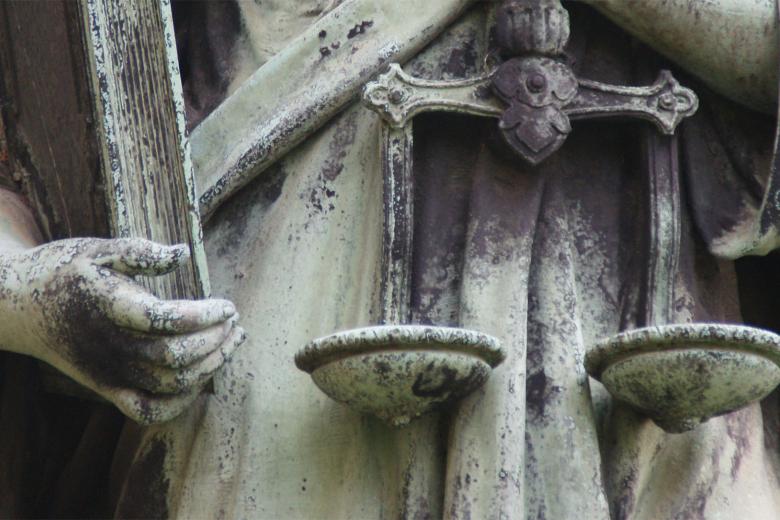
-
Alumna Angela Stoof: The gentle strength of perspective
Angela Stoof brings hope and humanity into rigid systems, blending psychology, spirituality and storytelling in her mission for meaningful change.
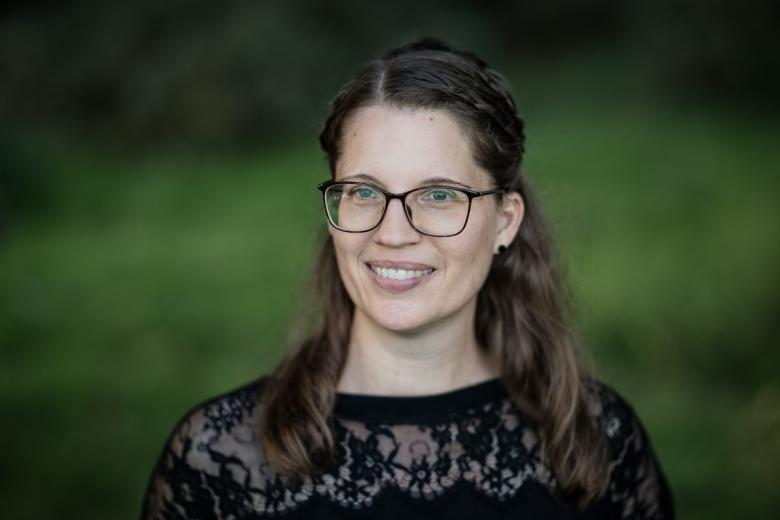
-
Salzburg Maastricht University Seminar Public Health Strategy - June 2026
The Care and Public Health Research Institute (CAPHRI), The Asssociation of Schools of Public Health in the European Region (ASPHER) and The Open Medical Institute (OMI) have joined forces to build a Public Health Academy.
